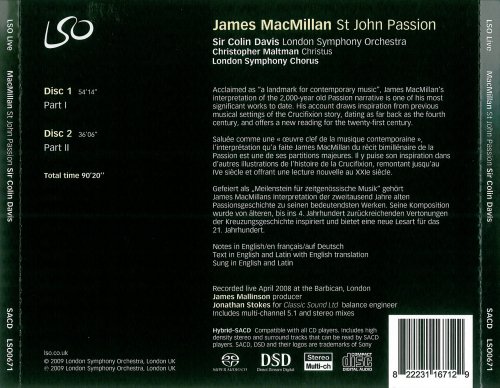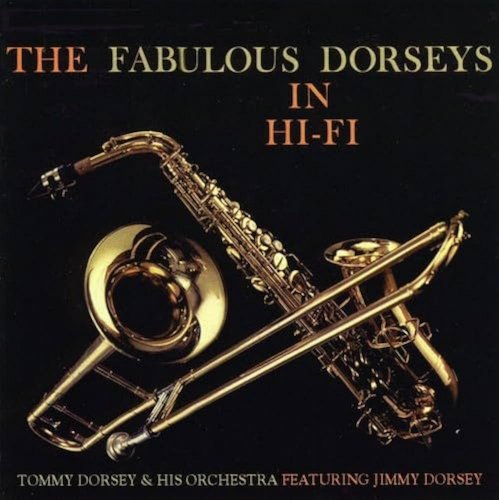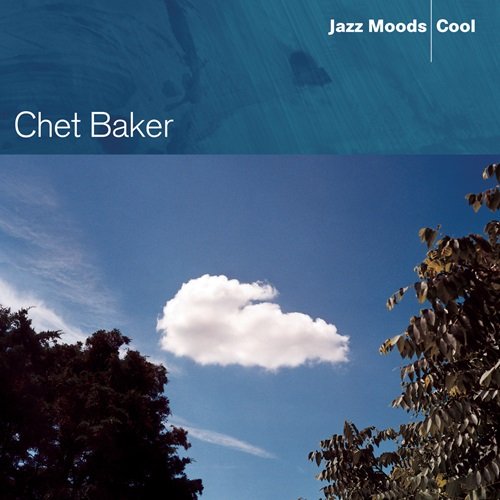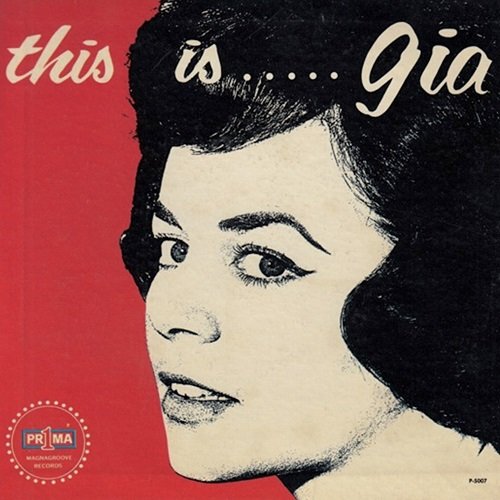Sir Colin Davis - MacMillan: St John Passion (2009)
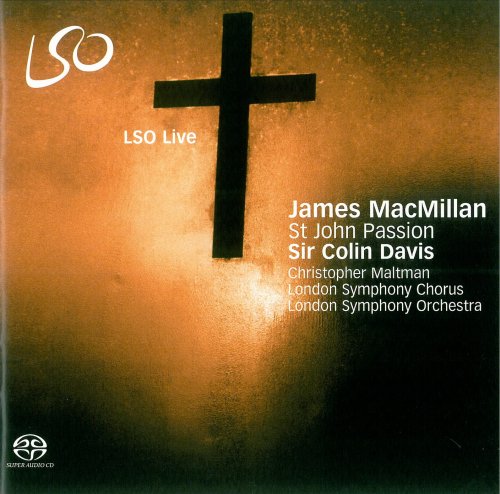
Artist: Sir Colin Davis
Title: MacMillan: St John Passion
Year Of Release: 2009
Label: LSO Live
Genre: Classical
Quality: FLAC (image+.cue,log,scans)
Total Time: 1:30'17
Total Size: 401 MB
WebSite: Album Preview
Tracklist:Title: MacMillan: St John Passion
Year Of Release: 2009
Label: LSO Live
Genre: Classical
Quality: FLAC (image+.cue,log,scans)
Total Time: 1:30'17
Total Size: 401 MB
WebSite: Album Preview
CD1 - Part I:
1. i. The arrest of Jesus
2. ii. Jesus before Annas and Caiaphas. Peter disowns him
3. iii. Jesus before Pilate
4. iv. Jesus is condemned to death
CD2 - Part II:
1. v. The Crucifixion
2. vi. Christ's garments divided
3. vii. Jesus and his Mother
4. viii. The Reproaches
5. ix. The death of Jesus
6. x. Sanctus Immortalis, miserere nobis
It was inevitable that James MacMillan, a prolific contemporary composer with a deep Christian religious faith, would eventually wish to set to music one of the Gospel Passion narratives. The stimulus for the work recorded here was a commission from the LSO for a new work to celebrate the 80th birthday of Sir Colin Davis. Davis has been something of a champion of MacMillan’s music for a number of years and the work is dedicated to him.
MacMillan’s setting lasts 90 minutes and is divided into two unequal parts. Part 1 (54.14) documents the events from the arrest of Jesus up to his condemnation to death by Pontius Pilate. Part 2 (36.06) begins with The Crucifixion and ends with the death of Jesus. Finally there is a ten-minute purely orchestral epilogue entitled ‘Sanctus Immortalis, miserere nobis’ that exemplifies MacMillan’s orchestral writing at its finest.
The Passion is scored for a baritone soloist (Christus), a specially selected ‘Narrator chorus’ of fourteen singers that as the name suggests carries the narrative, a ‘Large chorus’ which takes all the other text (including the characterisation of the other main players in the drama), and orchestra. The instrumentation, though lean and sparse, does include what the composer describes as ‘limited percussion’. This does, however, include various bells, tuned gongs, bass and side drums, timpani and even a chamber organ – hardly a modest line up, but one that is used with the composer’s usual flare.
Those familiar with MacMillan’s style of writing will find much that they will recognise here: the calm, almost detached, liturgical chanting (Narrator chorus), the dramatic unison outbursts of the Large chorus and the huge brass and percussion dominated orchestral climaxes that punctuate the action. I say action, because this Passion is very operatic in its dramatic telling of the story, and, not surprisingly, the composer has acknowledged the cross-fertilisation between this work and his recent opera ‘The Sacrifice’. MacMillan’s very individual use of the orchestra that often alternates passages of hushed consonance and fortissimo searing dissonance to maximum effect, is used to the full in both parts of the Passion. References and allusions to the works of other composers, particularly Britten, abound. For example, when Jesus before Pilate declaims, “ My kingship is not of this world”, the brass unleash a climax that strikingly recalls the orchestral passage in Billy Budd just after Billy has been condemned to death.
Christopher Maltman’s authoritative performance as Christus is quite outstanding. He portrays both Christ’s anger, nobility and resignation with complete assurance and only rarely is there any sign of strain in his delivery. The two choruses deserve the highest praise both for their incisive singing, clear enunciation of the words and ability to cope with the formidable demands of MacMillan’s vocal writing. Though the full texts are reproduced in the accompanying booklet they were hardly ever required.
The sound has the usual Barbican characteristics of clarity, impact and dryness. The latter is unfortunately not ameliorated by the use of the surround channels, which seem to be set at too low a level. The separation and balance between the Narrator chorus (left) and the Large chorus (centre and right) is well managed and Maltman’s voice is placed in the correct perspective. It is impossible not to feel that this piece would make an even greater impact in a church acoustic, but the present recording captures this compelling and powerfully communicative work in a superb performance that has the imprimatur of the composer and the totally committed conducting of the dedicatee that is unlikely to be bettered in the foreseeable future.
MacMillan’s setting lasts 90 minutes and is divided into two unequal parts. Part 1 (54.14) documents the events from the arrest of Jesus up to his condemnation to death by Pontius Pilate. Part 2 (36.06) begins with The Crucifixion and ends with the death of Jesus. Finally there is a ten-minute purely orchestral epilogue entitled ‘Sanctus Immortalis, miserere nobis’ that exemplifies MacMillan’s orchestral writing at its finest.
The Passion is scored for a baritone soloist (Christus), a specially selected ‘Narrator chorus’ of fourteen singers that as the name suggests carries the narrative, a ‘Large chorus’ which takes all the other text (including the characterisation of the other main players in the drama), and orchestra. The instrumentation, though lean and sparse, does include what the composer describes as ‘limited percussion’. This does, however, include various bells, tuned gongs, bass and side drums, timpani and even a chamber organ – hardly a modest line up, but one that is used with the composer’s usual flare.
Those familiar with MacMillan’s style of writing will find much that they will recognise here: the calm, almost detached, liturgical chanting (Narrator chorus), the dramatic unison outbursts of the Large chorus and the huge brass and percussion dominated orchestral climaxes that punctuate the action. I say action, because this Passion is very operatic in its dramatic telling of the story, and, not surprisingly, the composer has acknowledged the cross-fertilisation between this work and his recent opera ‘The Sacrifice’. MacMillan’s very individual use of the orchestra that often alternates passages of hushed consonance and fortissimo searing dissonance to maximum effect, is used to the full in both parts of the Passion. References and allusions to the works of other composers, particularly Britten, abound. For example, when Jesus before Pilate declaims, “ My kingship is not of this world”, the brass unleash a climax that strikingly recalls the orchestral passage in Billy Budd just after Billy has been condemned to death.
Christopher Maltman’s authoritative performance as Christus is quite outstanding. He portrays both Christ’s anger, nobility and resignation with complete assurance and only rarely is there any sign of strain in his delivery. The two choruses deserve the highest praise both for their incisive singing, clear enunciation of the words and ability to cope with the formidable demands of MacMillan’s vocal writing. Though the full texts are reproduced in the accompanying booklet they were hardly ever required.
The sound has the usual Barbican characteristics of clarity, impact and dryness. The latter is unfortunately not ameliorated by the use of the surround channels, which seem to be set at too low a level. The separation and balance between the Narrator chorus (left) and the Large chorus (centre and right) is well managed and Maltman’s voice is placed in the correct perspective. It is impossible not to feel that this piece would make an even greater impact in a church acoustic, but the present recording captures this compelling and powerfully communicative work in a superb performance that has the imprimatur of the composer and the totally committed conducting of the dedicatee that is unlikely to be bettered in the foreseeable future.
